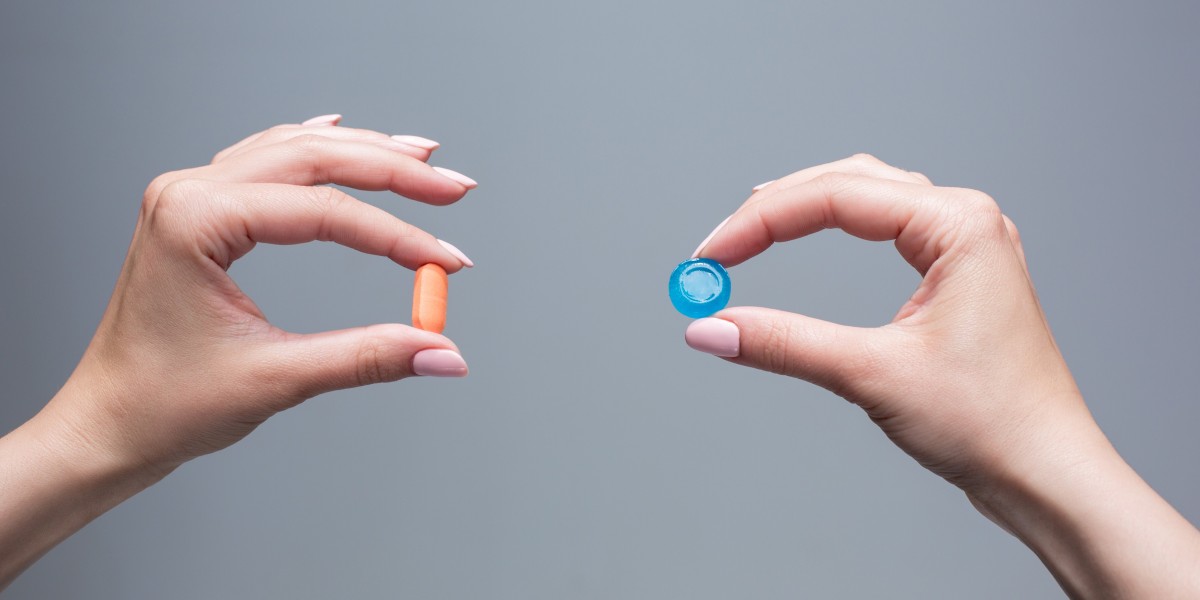Erectile dysfunction (ED) is a complex condition with multifaceted causes, and hormonal imbalances, particularly low testosterone levels, can play a significant role in its development. If you are looking for genuine ED treatment then try levitra 40 mg online
Understanding Testosterone:
Role of Testosterone:
- Testosterone, a key male sex hormone produced primarily in the testicles, plays a crucial role in various physiological functions, including the development of male reproductive tissues, maintenance of muscle mass, and bone density, and the regulation of mood and energy levels. you can also try generic cialis
Testosterone and Sexual Function:
- Testosterone contributes to the overall sexual health of men. It influences libido (sexual desire), the ability to achieve and maintain erections, and the production of sperm. Adequate testosterone levels are essential for optimal sexual function.
Low Testosterone Levels and Erectile Dysfunction:
Physiological Mechanisms:
- Testosterone influences the nitric oxide pathway, a crucial component in the physiological process of achieving and maintaining an erection. Low testosterone levels can disrupt this pathway, leading to impaired blood flow to the penis and compromised erectile function.
Impact on Libido:
- Testosterone plays a role in sexual desire, and low levels may contribute to a decrease in libido. Diminished interest in sexual activity can be a contributing factor to the development or exacerbation of erectile dysfunction.
Research and Clinical Findings:
Association Between Low Testosterone and ED:
- Numerous studies have explored the association between low testosterone levels and the prevalence of erectile dysfunction. Research consistently indicates a higher likelihood of ED in individuals with suboptimal testosterone levels.
Correlation with Aging:
- Aging is a natural factor that often coincides with a decline in testosterone levels. Research highlights the correlation between age-related testosterone decline and an increased incidence of ED. However, it's crucial to recognize that aging alone does not guarantee the development of ED.
Clinical Studies on Testosterone Replacement Therapy (TRT):
- Clinical trials investigating the impact of testosterone replacement therapy (TRT) on erectile function have shown promising results. TRT, when administered under the guidance of healthcare professionals, has demonstrated the potential to improve erectile function in individuals with low testosterone levels.
Risk Factors and Contributing Factors:
Obesity and Lifestyle Factors:
- Obesity is associated with both low testosterone levels and an increased risk of erectile dysfunction. Unhealthy lifestyle factors, such as poor diet and lack of exercise, can contribute to both conditions.
Chronic Illness and Medications:
- Certain chronic illnesses, such as diabetes and cardiovascular disease, can be associated with low testosterone levels and an elevated risk of ED. Additionally, some medications prescribed for these conditions may have side effects that impact testosterone production.
Treatment Approaches:
Testosterone Replacement Therapy (TRT):
- TRT involves the administration of exogenous testosterone to raise levels to a normal range. While it can be effective in improving erectile function in individuals with low testosterone, it requires careful monitoring due to potential side effects and individual variations in response.
Lifestyle Modifications:
- Addressing lifestyle factors, such as adopting a healthy diet, engaging in regular exercise, and maintaining a healthy weight, can contribute to both improved testosterone levels and overall cardiovascular health, potentially mitigating the risk of ED.
Individualized Treatment Plans:
- Given the complexity of ED and the potential interplay of various factors, healthcare professionals often design individualized treatment plans. These may include a combination of lifestyle changes, medication, and, if deemed appropriate, hormonal interventions.
Conclusion:
Low testosterone levels and erectile dysfunction are interconnected aspects of male sexual health. While research supports the association between the two, it's essential to approach the relationship with nuance. Understanding the physiological mechanisms, recognizing contributing factors, and exploring evidence-based treatment options contribute to a comprehensive approach to addressing ED in individuals with low testosterone levels. Seeking guidance from healthcare professionals ensures a tailored and effective strategy for managing both conditions and enhancing overall sexual well-being.









